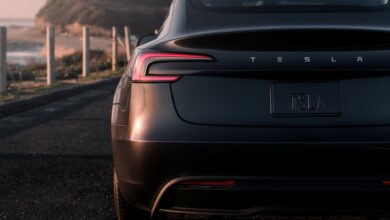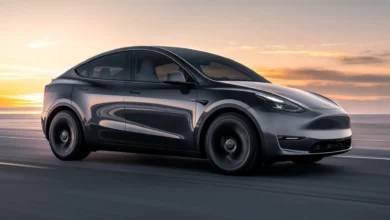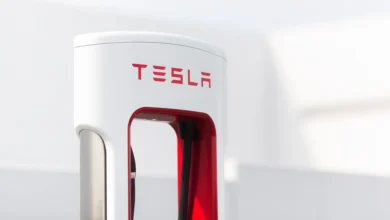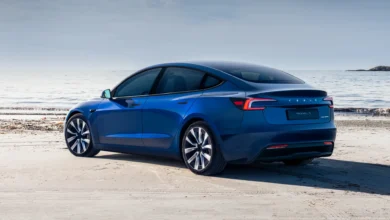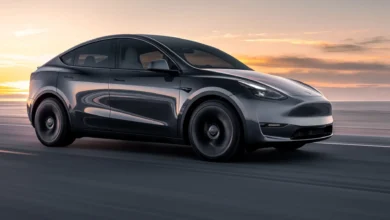
Tesla continues to have problems scaling production of its new 4680 cells. Introduced two years ago on the occasion of the first Tesla Battery Day, these batteries promise a leap forward in terms of autonomy and cost reduction; however, they accumulate a significant delay in their arrival on the mass market.
The 4680 cells are of the cylindrical type and notably larger than 2170 used so far in the Model 3 and Model Y. Going for a larger format should allow Tesla to reduce costs, since fewer casings are required, also improving the use of the useful space inside the pack.
The capacity of these cells is five times higher than the previous ones, also offering six times more power. At the time of its presentation, Tesla stated that the use of 4680 cells would increase the autonomy of its cars by approximately 16%.
It should be noted that these cells feature a patented “tabless electrode” design; that is, they dispense with the tabs that join the cathode and the anode with the terminals of the casing. This makes the battery cheaper and simplifies its production, also improving its performance and reducing the ohmic resistance since the current does not have to go from the electrodes to the reed.
Tesla will implement its new manufacturing method in 2023
The commitment to the 4680 formats will be accompanied by a new faster and more efficient manufacturing method that should reduce investments per GWh by 75%. The production lines, of up to 20 GWh per year each, are described by Tesla itself as “a highway instead of an urban road with traffic lights and intersections.” What is the secret of this new process? Maxwell Technologies’ dry electrode coating technology, allows for easier fabrication and lower energy use.
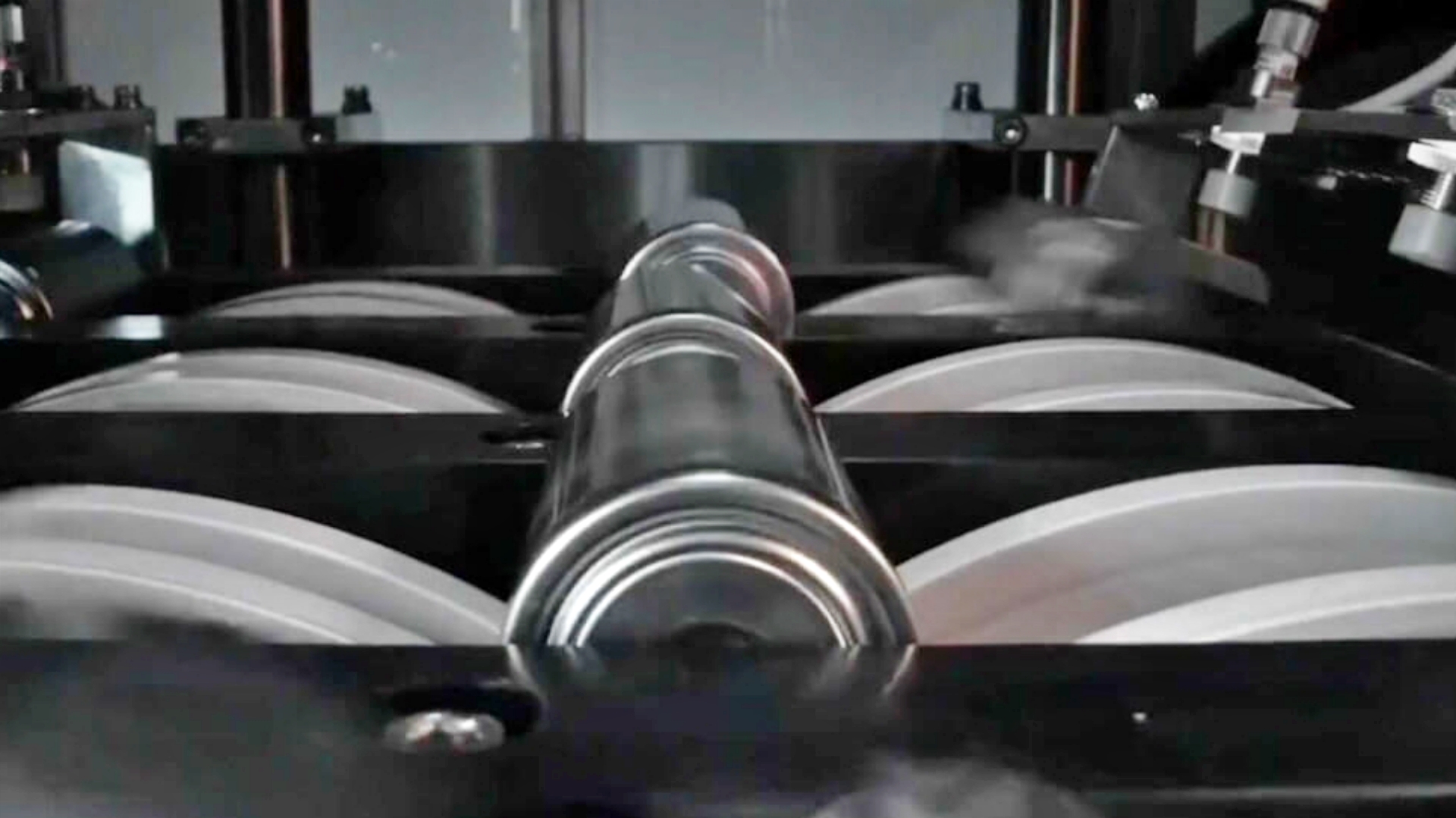
Several key projects for Tesla such as the Cybertruck pick-up or the Semi truck depend directly on the company’s ability to mass-produce the new 4680 cells. According to a report prepared by twelve industry experts closely linked to Tesla, the manufacturer is currently “halfway” in the process of reducing costs, and it will likely reach its objectives in 2023.
They all agree that the delays are due to their problems in implementing the new manufacturing method, which is key to achieving the long-awaited savings. However, the study points out that, once Tesla has achieved large-scale production, it will be able to cut the cost of Model Y batteries in half, which would translate into savings of $5,500 per unit (of which 2,000-3,000 have already been achieved thanks to the cell design itself).
